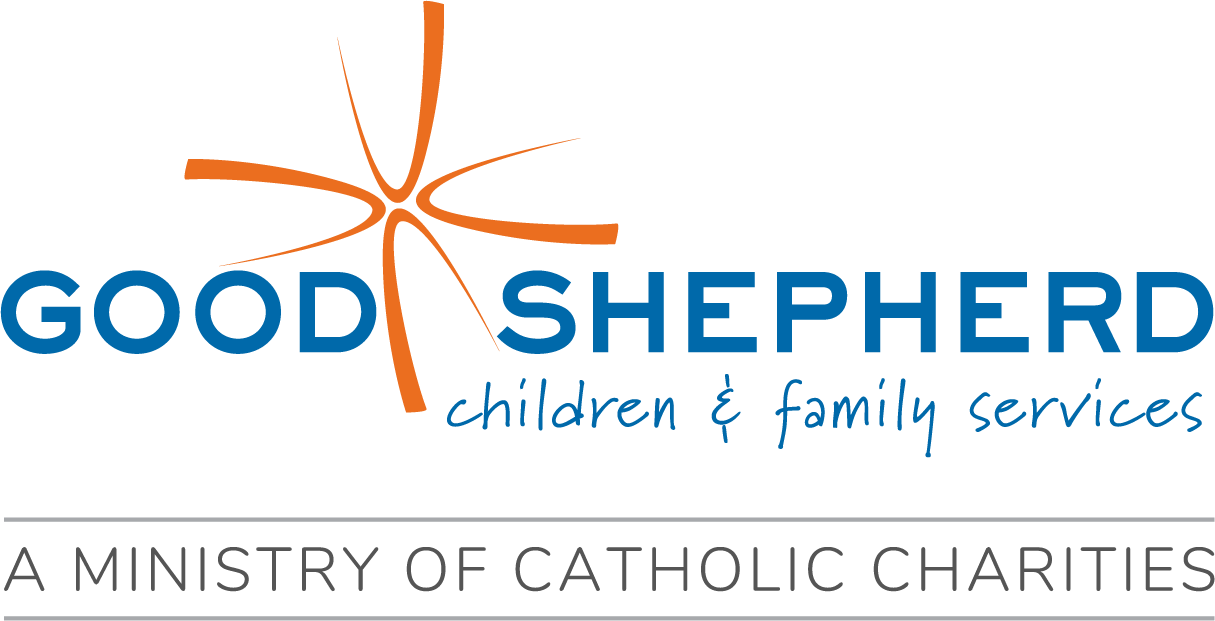May is National Foster Care Month, and during this time, we’ve been looking at ways to spread awareness about foster care and dispel myths about what foster care is. The concept of foster care can be a tricky one to understand. When we talk about foster care, we often hear from the perspective of a foster parent, a child who has previously been in care, or, most often in our case, a case manager or social worker who works in foster care. However, this story is from a perspective that we don’t often hear: from the biological parent who had a child in care. In this case, 10 year old Joel was place in foster care as his mom, Maria, was a recovering heroin addict and had recently become homeless.
Often it’s easy to pass judgment on parents whose children are in foster care, especially when cultural stereotypes reinforce the idea that moms and dads who have children in care are “bad people” or “awful parents”. While there are certainly many serious reasons that children are in foster care, our ultimate goal is to help parents get the treatment, care, or support that they need to be able to provide a safe environment for their children. By doing this, we strive to keep families connected (part of our mission) and to do what’s best for the child.
Today we are able to share a story of a reunification between a mother and son that was helped to make possible by the loving care of foster parents. Our story begins with a young woman named Maria. We met with Maria in her home on a brisk day in early spring, and when we were welcomed into her home, her kids were doing their homework, showing off their good grades, and chatting with us. We sat with Maria on her couch and talked about her progress. She said that she had no problem telling her story, as she saw it as a “testimony” and was happy to celebrate.
“I’m a recovering addict from heroin, and up until about a year and a half ago, I was stable.” Everything changed when Maria moved into a new place, an apartment that was completely infested with bedbugs. Though she had been in recovery for quite some time, she as under extreme stress and relapsed. She was using again and her apartment was unfit to live in due to the bedbugs. Maria soon became homeless. She was raising three kids, and needed to find somewhere for them to stay. Her teen daughter went with an aunt, and her younger children, Angie and Joel, went with a friend. However, after some time, her friend was only able to care for Angie, and wanted to put Joel into foster care. While Maria’s friend was seeking a foster care placement for Joel, they were trying to get in contact with Maria so that she could care for her son. “They were trying to contact me to return him back to me, but with me being on drugs, and not being stable, they couldn’t get in contact. When I found out that they were trying to get in contact with me, I tried to get in contact with them as soon as I could.”
As soon as Maria found out that Joel was in foster care, she began to get help. She was working on getting clean, finding suitable housing, and trying to get her three children back, all at the same time. At the time she was doing this, she was in treatment, and had been clean for about three months. While times were tough, Maria knew what she had to do to be the best parent she could for her three children. She started the process of reunification (with the help of Joel’s case manager), stayed clean, and moved into a new apartment.
“In spite of everything, it was a good thing for me and my family. It was a good thing, because I think it was a wake-up call”.
“In spite of everything, it was a good thing for me and my family. It was a good thing, because I think it was a wake-up call. I can’t get any more chances. My goal was do what I needed to do for myself so that I could take care of my kids. So I was on the road to recovery after that.” Maria started visiting Joel for every visit she could, “I was doing everything I was supposed to do, so all of my kids could come home”. She moved from a one bedroom apartment into a home large enough for herself and her three children. Though it’s been a long process, Joel and his two sisters have been able to come home and the family is together again. I just stayed positive and kept doing what I was doing, and he was going to eventually come home. Everything would happen in time. Now, we’re all together.”
When the family was first reunited, Maria was able to talk with them about the situation and help them process the emotions and feelings they would have. “They feel this time that I’m stronger than ever, and they feel more secure. Now, we’re just trying to be a family.” I’m doing what I need to do to be a mother.” Maria attributes much of her success to the support that she received through this stressful process. “I know that a lot of the stuff that I was going through, like parenting education, I was getting counseling at first, and that was good for me because a lot of the times, I needed to vent. I didn’t get criticized a lot, I hadn’t fallen back a lot, I feel like it was because of the help that you all gave me and not putting too much stress on me. It feels good. It feels good to be clean, it feels good to be with my kids.”
Maria’s story was able to have a happy ending because of the hard work that she put into drug treatment and reunification with her kids. Foster care allows for parents to be able to put in that work, such as going through treatment, finding housing, and receiving counseling. At the same time, kids are kept safe from situations like homelessness or drug usage in the home, until a permanent and safe home can be found or created for them.
To learn more about becoming a foster parent and helping out kids like Joel and moms like Maria, visit www.goodshepherdstl.org/foster. We’re hosting no-pressure, informational sessions for anyone who wants to learn more about the process of becoming a foster parent and what this ministry entails. Our next session will be held on June 2, 2016, at Good Shepherd at 6 pm.

 Get Help Now
Get Help Now








